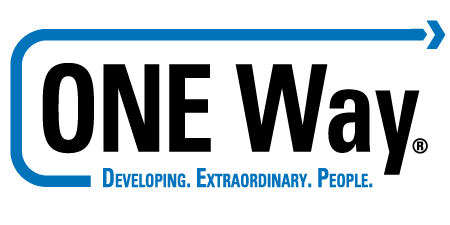Put the “I” in Independence
By Darlene Lancer
Where is your power center? Is it in you or in other people or circumstances? Paradoxically, controlling people often believe that they don’t have control over their lives or even themselves.
Control is important to co-dependents. Many attempt to control what they can’t (other people) rather than controlling what they can (themselves, their feelings, and their actions). Without realizing it, they’re controlled by others, their addictions, fear, and guilt.
People who control their lives and destinies are happier and more successful. Rather than feeling like a victim of others or fate, they are motivated from within and believe that their efforts generate results, for better or worse. Both belief and experience enable them to function autonomously.
This article explores autonomy, locus of control, and self-efficacy as important factors in motivation and offers suggestions to help you feel a greater sense of control.
Autonomy
The word “autonomy” comes from the combination of the Latin words for self and law. It means that you govern your own life and that you endorse your actions. You may still be influenced by outside factors, but all things considered, your behavior reflects your choice. (There are philosophical and sociological debates about free will and self-determination which are beyond the scope of this article.)
Across cultures, autonomy is a fundamental human need. People who experience autonomy report higher levels of psychological health and social functioning. They have an increased sense of well-being and self-esteem. When you value yourself, you’re more able to claim your autonomy. It’s a feeling of both separateness and wholeness that permits you to feel separate when in a relationship and complete when on your own. You feel independent and are able to say no to pressure from others. Your actions are determined by your beliefs, needs, and values, which give you more control over thoughts and emotions. It’s the opposite of being a rebel or people-pleaser. A rebel’s thoughts and actions aren’t autonomous. They’re an oppositional reaction to an outside authority and thereby they become controlled by it. Actually, autonomy allows you to listen to someone non-defensively and modify your views to incorporate new information.
When you lack autonomy, you’re more controlled by what others do, think, and feel, and adapt accordingly. You react to and worry about someone else’s expectations and reactions and defer to their opinion. You might have difficulty making decisions and taking action on your own. Instead, you’re easily influenced by or seek out others’ opinions. This tendency both stems from and reinforces low self-esteem. Lack of autonomy and self-esteem can cause many symptoms, such as:
- stress
- addiction
- domestic violence
- emotional abuse
- communication problems
- worry and anxiety
- guilt, and
- anger
Development of Will
Individuation, the process of becoming a separate individual psychologically and cognitively, begins in infancy and continues into adulthood. A baby must first feel safe with its mother and caretakers. Psychoanalyst Erik Erikson believed that basic trust or mistrust takes hold in the first 18 months of development and is dependent on consistent comfort and fulfillment of an infant’s basic needs. If caregivers are emotionally unavailable, rejecting, or inconsistent, the child won’t have a sense of safety in the world.
S2 Tip
People who control their lives and destinies are happier and more successful. Rather than feeling like a victim of others or of fate.
Success Story
With the current obsession with label-reading and organic ingredients, surely there must be dozens of organic baby food brands, right? That’s what Los Angeles moms (and friends) Liane Weintraub and Shannan Swanson thought. But they were wrong. The pair started making organic purees for their own babies and couldn’t believe how few options were available in stores. So Weintraub, 42, a local TV reporter, and Swanson, 38, a Cordon Bleu-trained chef and former cook at one of Wolfgang Puck’s restaurants, got inspired to fill it. Today the brand is carried at Whole Foods, Fairway, Tops, and other chains. The company turned a profit four years after its founding, and it’s on track for sales of $2.5 million this year.
In Another’s Words
I think that you have to do everything you can do to empower kids when they are young, independence is one of the best traits a person can have.
– Susie Bright (Author)

